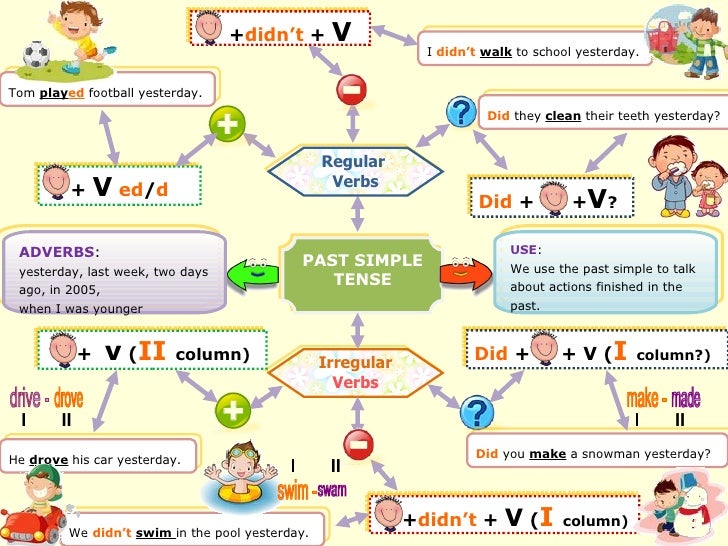We all have studied sociology little bit in bachelor programme in Education.Here we will refresh our knowledge. The word Sociology originates from latin prefix :socius, "companion"; and the suffix -ology, "the study of", from Greek lógos, "knowledge" .
Sociology is the systematic study of society.Sociology encompasses all the elements of society ie social relation, social stratification, social interaction, culture .Scope of sociology is wide and it ranges from the analysis of interaction of two anonymous persons to the global social interaction in global institution. like UNESCO UN etc.
Sociology can perhaps be best regarded as an attempt to name that which secretely keeps society going ( Whitty and Young,1976).
We all have studied Education in details in bachelor programme in Education.Here we will refresh our knowledge. Education is a broad concept, referring to all the experiences in which learners can learn something.It is a social endeavor designed to get the maximum from the ability of each of the member of the society .Education is covers both the teaching and learning of knowledge, values. It thus focuses on the cultivation of skills(communication,intellectual,specialized skills),advancement of knowledge and spreading of secular view(values).
Education consists of systematic instruction, teaching and training by professional teachers. This consists of the application of pedagogy.Teachers depends on many different disciplines for their lessons like psychology, philosophy, information technology, linguistics, biology, and sociology.
So far we have learned about the Education and Sociology and the concept of Sociology of education.Before we proceed further let us work out the following exercise.


